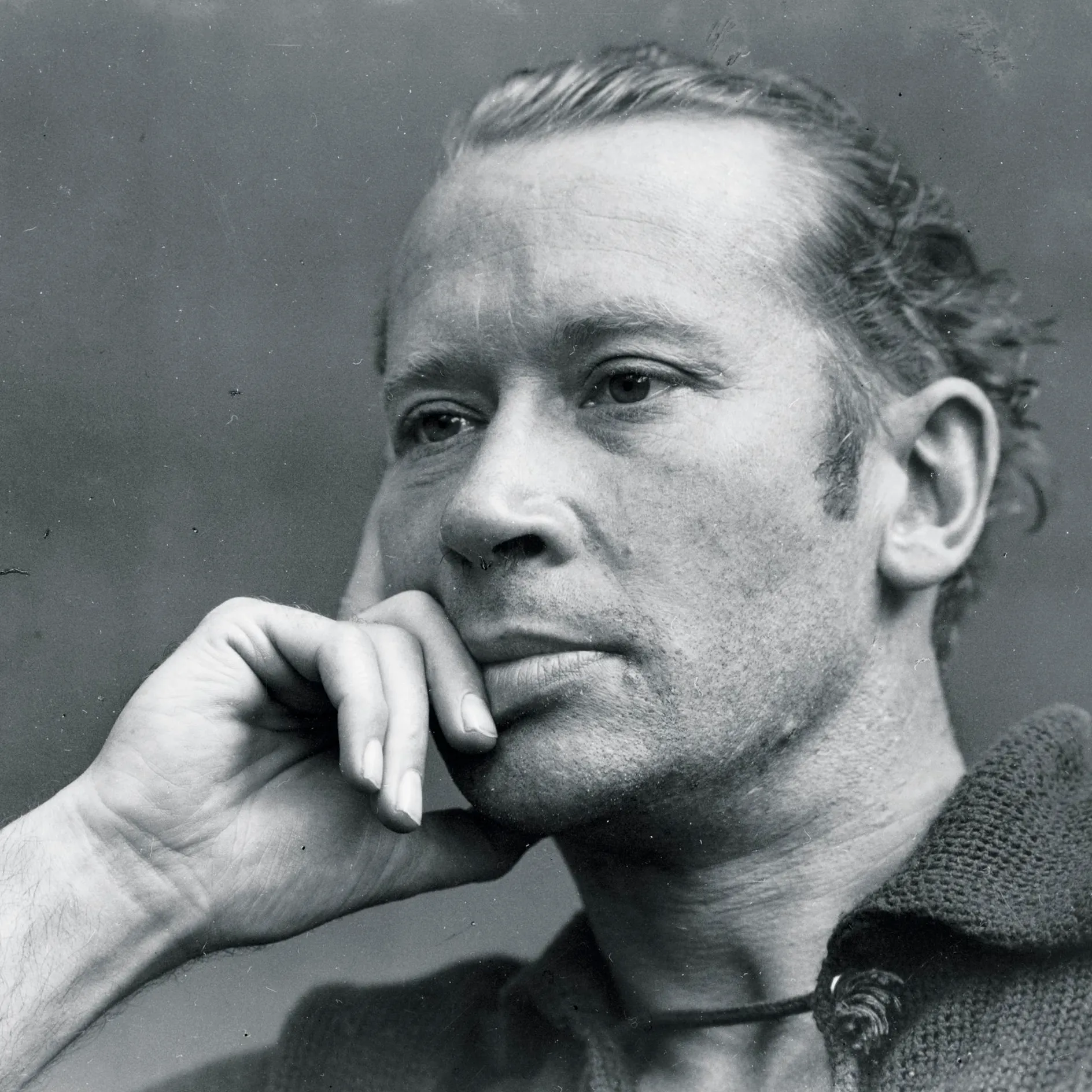i carry your heart with me(i carry it in
my heart)i am never without it(anywhere
i go you go,my dear;and whatever is done
by only me is your doing,my darling)
i fear
no fate(for you are my fate,my sweet)i want
no world(for beautiful you are my world,my true)
and it’s you are whatever a moon has always meant
and whatever a sun will always sing is you
here is the deepest secret nobody knows
(here is the root of the root and the bud of the bud
and the sky of the sky of a tree called life;which grows
higher than soul can hope or mind can hide)
and this is the wonder that's keeping the stars apart
i carry your heart(i carry it in my heart)
Published:
1952
Length:
Regular
Literary Movements:
Modernism
Anthology Years:
2023
Themes:
Love & Relationships
Poetic Form
Literary Devices:
Anaphora
a figure of speech in which words repeat at the beginning of successive clauses, phrases, or sentences
Apostrophe
an exclamatory passage in a speech or poem addressed to a person (typically one who is dead or absent) or thing (typically one that is personified)
Caesura
a break between words within a metrical foot
Metaphor
a comparison between two unrelated things through a shared characteristic
Sonnet
A poem with fourteen lines that traditionally uses a fixed rhyme scheme and meter.

